The Association for the Development of Solidarity Projects in the Sahara (APSS) has been focusing for years on the fight against diabetes, a major problem that causes more than a hundred deaths a year in the Saharawi camps.
The situation of the Sahrawi refugee population living in the Tindouf camps (Algeria) is one of the worst and longest-running humanitarian crises taking place in the world today. For almost half a century, hundreds of thousands of people—today there are more than 150,000—many of whom have never even been in their country, suffer exile in very harsh conditions and depend on international aid to cover their most basic needs.
Living in extreme conditions in the middle of the desert has direct consequences on the health of Sahrawi refugees, which are aggravated by precarious and insufficient health infrastructure. The successive and increasingly important cuts in food aid by international organisations have worsened the situation, especially among children, and caused a growing lack of food.
For years, diabetes has been one of the recurring health problems among the population of the Sahrawi camps. An unbalanced diet and an excess of sugar have led to an increase in the prevalence of type 2 diabetes mellitus among refugees, which keeps increasing more and more.
The increase in the disease has been helped by factors associated with the change in the living conditions of the population, which has gone—by force—from being nomadic to being sedentary, as well as their dietary dependence on humanitarian aid, which has been greatly reduced as a result of the international situation.
The APSS, a decade of helping the population of the Sahrawi camps
The Association for the Development of Solidarity Projects in the Sahara (APSS) is a Catalan entity that was born in 2011 following a visit to the Sahrawi camp of Dajla, south of Tindouf (Algeria), with the aim of carrying out solidarity projects for the population of refugee camps. The association focused on two main issues: support for the victims of anti-personnel mines and help for people affected by chronic diseases such as diabetes.
From its beginnings, the APSS started a project to fight against the problem of diabetes, supplying medicine for treatment, insulin and blood glucose meters, as well as reagents for their evaluation. However, they soon ran into complications to sustain this task, such as the difficulty of performing four daily blood glucose determinations in a traditionally nomadic population, the high cost of the reagents used or the low reliability of the results obtained.
The fight against diabetes by the APSS took on a new dimension in 2016 with the addition of María José Saucedo, a nurse at the Hospital de Sant Pau and an aid worker in the Sahara, as the association’s head of the health area.
"We were already focused on the fight against chronic diseases and she wanted to boost the work she was already doing in the camps, which was aimed at alleviating the effects of diabetes, so we started working together and made our work more specific", Ernest Vilches, president of the APSS, explains to Xarxanet.
They immediately identified that diabetes was a growing problem among the Sahrawi population "because of their diet, which is not balanced and suffers from a major excess of sugar, and also because of a cultural issue, the fact that they stopped being nomadic and have become sedentary, as well as lack of physical exercise".
A pioneering project to improve the detection and follow-up of the disease
In April 2016 the APSS started a project to improve the detection and follow-up of people with diabetes, which, according to Vilches, causes more than a hundred deaths a year among the Saharawi refugee population. Through the cobas b 101 device, the four daily glucose determinations, at a cost of around 1,500 euros per year, are replaced by a quarterly glycosylated haemoglobin test, which reduces the cost to 26 euros per year per person.
This new method represents a significant improvement in the control and effectiveness in the fight against the disease in the people of the Dajla camp, in addition to significantly lowering the costs of diabetes detection and monitoring, the APSS also focuses on the field of disease prevention, carrying out an awareness-raising task among patients to improve their eating habits, help them acquire the habit of doing physical exercise and being rigorous in disease control.
All this has had to be done in the midst of a complicated context marked by the Moroccan occupation of Western Sahara and the oppression it exerts on the Sahrawi population. "We have to do everything more or less unofficially, Morocco's interests are so many, pressure can come from everywhere and you can get in trouble. In fact, we already have," Vilches points out.
The cobas b 101 project, started in 2016, is supported, among others, by the Catalan Development Cooperation Fund, and its continuity depends on the acquisition of the reagents necessary to carry out the analytical determination.
In addition, the organisation wants to take advantage of the work done in Dajla and expand the project, which is pioneering in the field of diabetes, to other Sahrawi refugee camps in order to reduce the prevalence of the disease as much as possible. "It’s a long-term project to draw some conclusions, and from there to establish synergies with other organizations to unite our efforts in this regard", says the president of the APSS.
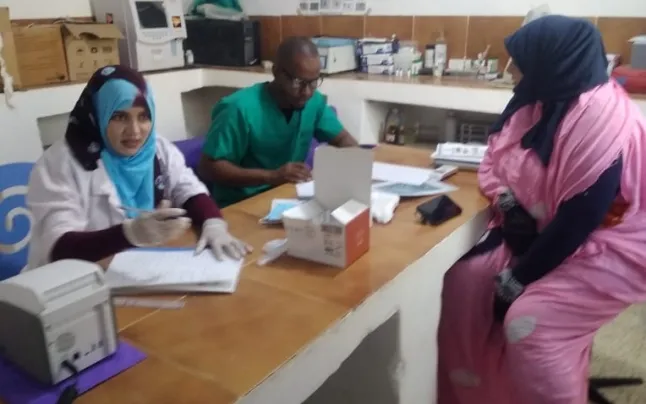

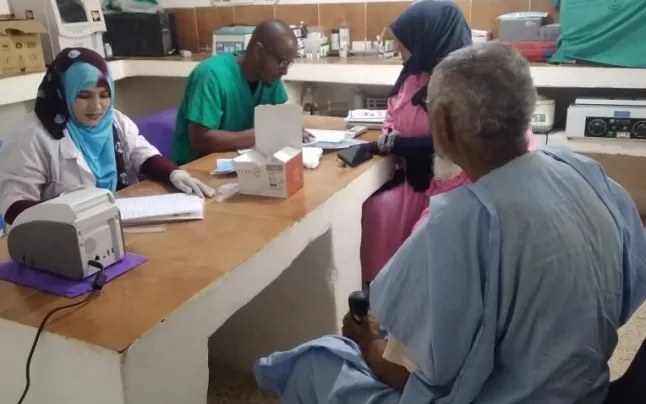



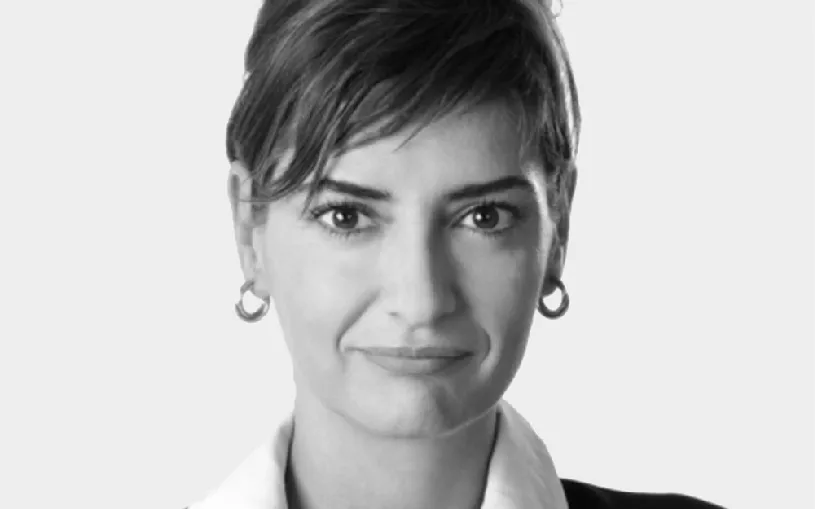
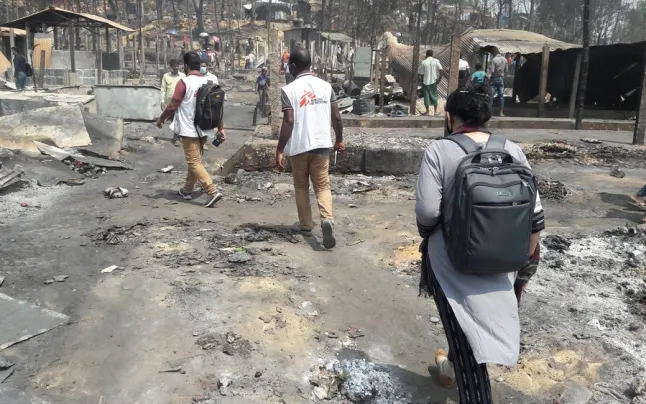
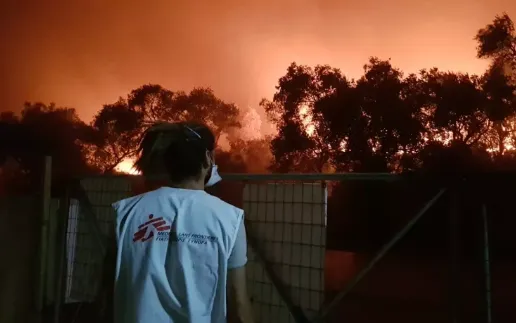
Add new comment